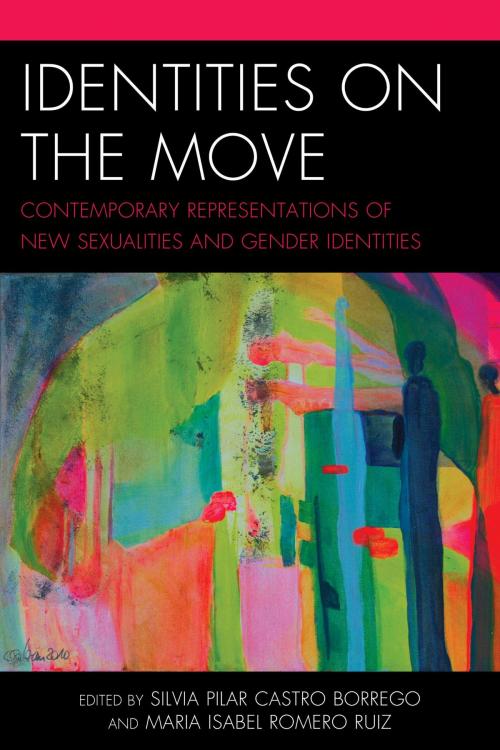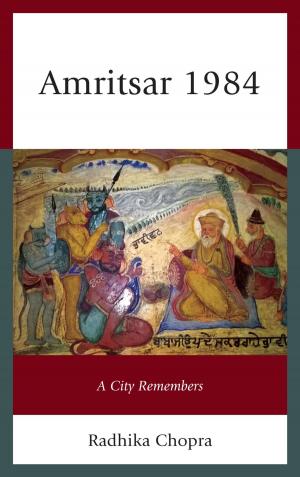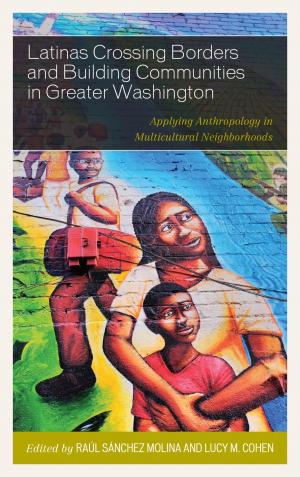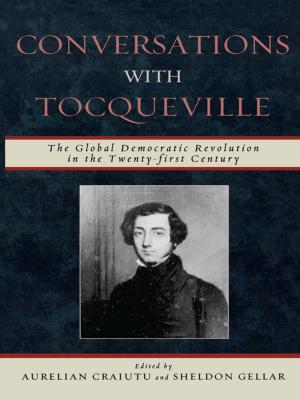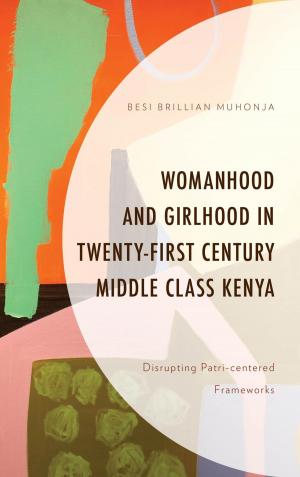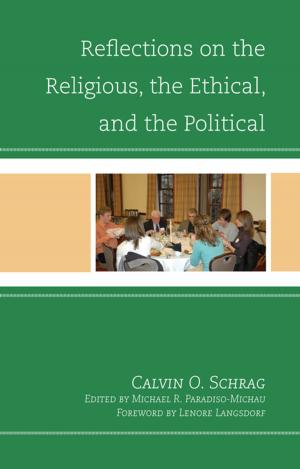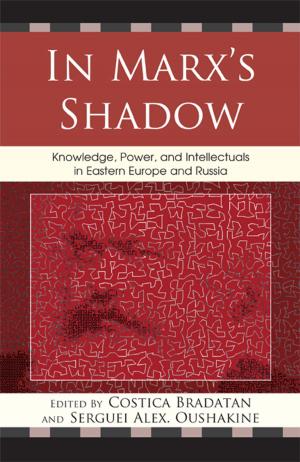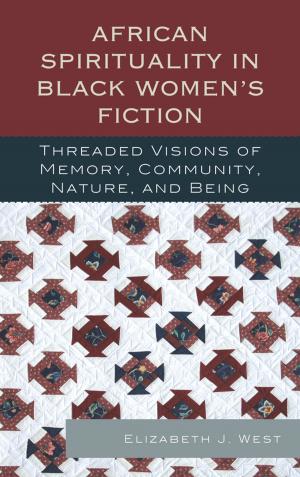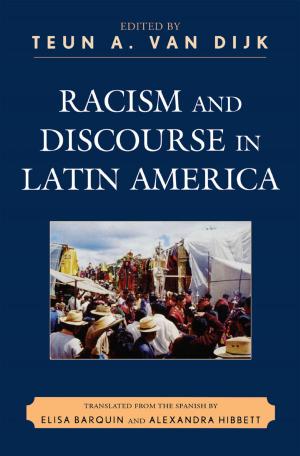Identities on the Move
Contemporary Representations of New Sexualities and Gender Identities
Nonfiction, Social & Cultural Studies, Social Science, Gender Studies, Fiction & Literature, Literary Theory & Criticism| Author: | Antje Schuhmann, María José Coperías Aguilar, Logie Barrow, Mariam Bazi, Rocío Carrasco Carrasco, Concepción Parrondo Carretero, Laura Gillman, Eduardo Barros Grela, Inmaculada Pineda Hernandez, María Elena Jaime de Pablos, Kate Joseph, Cynthia Lytle, Lucia Garcia Magaldi, Angelita Reyes, David Walton | ISBN: | 9780739191705 |
| Publisher: | Lexington Books | Publication: | December 24, 2014 |
| Imprint: | Lexington Books | Language: | English |
| Author: | Antje Schuhmann, María José Coperías Aguilar, Logie Barrow, Mariam Bazi, Rocío Carrasco Carrasco, Concepción Parrondo Carretero, Laura Gillman, Eduardo Barros Grela, Inmaculada Pineda Hernandez, María Elena Jaime de Pablos, Kate Joseph, Cynthia Lytle, Lucia Garcia Magaldi, Angelita Reyes, David Walton |
| ISBN: | 9780739191705 |
| Publisher: | Lexington Books |
| Publication: | December 24, 2014 |
| Imprint: | Lexington Books |
| Language: | English |
The development of new sexualities and gender identities has become a crucial issue in the field of literary and cultural studies in the first years of the twenty-first century. The roles of gender and sexual identities in the struggle for equality have become a major concern in both fields. The legacy of this process has its origins in the last decades of the nineteenth century and the twentieth century.
The Victorian preoccupation about the female body and sexual promiscuity was focused on the regulation of deviant elements in society and the control of venereal disease; homosexuals, lesbians, and prostitutes’ identities were considered out of the norm and against the moral values of the time. The relationship between sexuality and gender identity has attracted wide-ranging discussion amongst feminist theorists during the last few decades. The methodologies of cultural studies and, in particular, of post-structuralism and post-colonialism, urges us to read and interpret different cultures and different texts in ways that enhance personal and collective views of identity which are culturally grounded.
These readings question the postmodernist concept of identity by looking into more progressive views of identity and difference addressing post-positivist interpretations of key identity markers such as sex, gender, race, and agency. As a consequence, an individual’s identity is recognized as culturally constructed and the result of power relations. Identities on the Move: Contemporary Representations of New Sexualities and Gender Identities offers creative insights on pressing issues and engages in productive dialogue. Identities on the Move to addresses the topic of new sexualities and gender identities and their representation in post-colonial and contemporary Anglophone literary, historical, and cultural productions from a trans-national, trans-cultural, and anti-essentialist perspective. The authors include the views and concerns of people of color, of women in the diaspora, in our evermore multiethnic and multicultural societies, and their representation in the media, films, popular culture, subcultures and the arts.
The development of new sexualities and gender identities has become a crucial issue in the field of literary and cultural studies in the first years of the twenty-first century. The roles of gender and sexual identities in the struggle for equality have become a major concern in both fields. The legacy of this process has its origins in the last decades of the nineteenth century and the twentieth century.
The Victorian preoccupation about the female body and sexual promiscuity was focused on the regulation of deviant elements in society and the control of venereal disease; homosexuals, lesbians, and prostitutes’ identities were considered out of the norm and against the moral values of the time. The relationship between sexuality and gender identity has attracted wide-ranging discussion amongst feminist theorists during the last few decades. The methodologies of cultural studies and, in particular, of post-structuralism and post-colonialism, urges us to read and interpret different cultures and different texts in ways that enhance personal and collective views of identity which are culturally grounded.
These readings question the postmodernist concept of identity by looking into more progressive views of identity and difference addressing post-positivist interpretations of key identity markers such as sex, gender, race, and agency. As a consequence, an individual’s identity is recognized as culturally constructed and the result of power relations. Identities on the Move: Contemporary Representations of New Sexualities and Gender Identities offers creative insights on pressing issues and engages in productive dialogue. Identities on the Move to addresses the topic of new sexualities and gender identities and their representation in post-colonial and contemporary Anglophone literary, historical, and cultural productions from a trans-national, trans-cultural, and anti-essentialist perspective. The authors include the views and concerns of people of color, of women in the diaspora, in our evermore multiethnic and multicultural societies, and their representation in the media, films, popular culture, subcultures and the arts.
